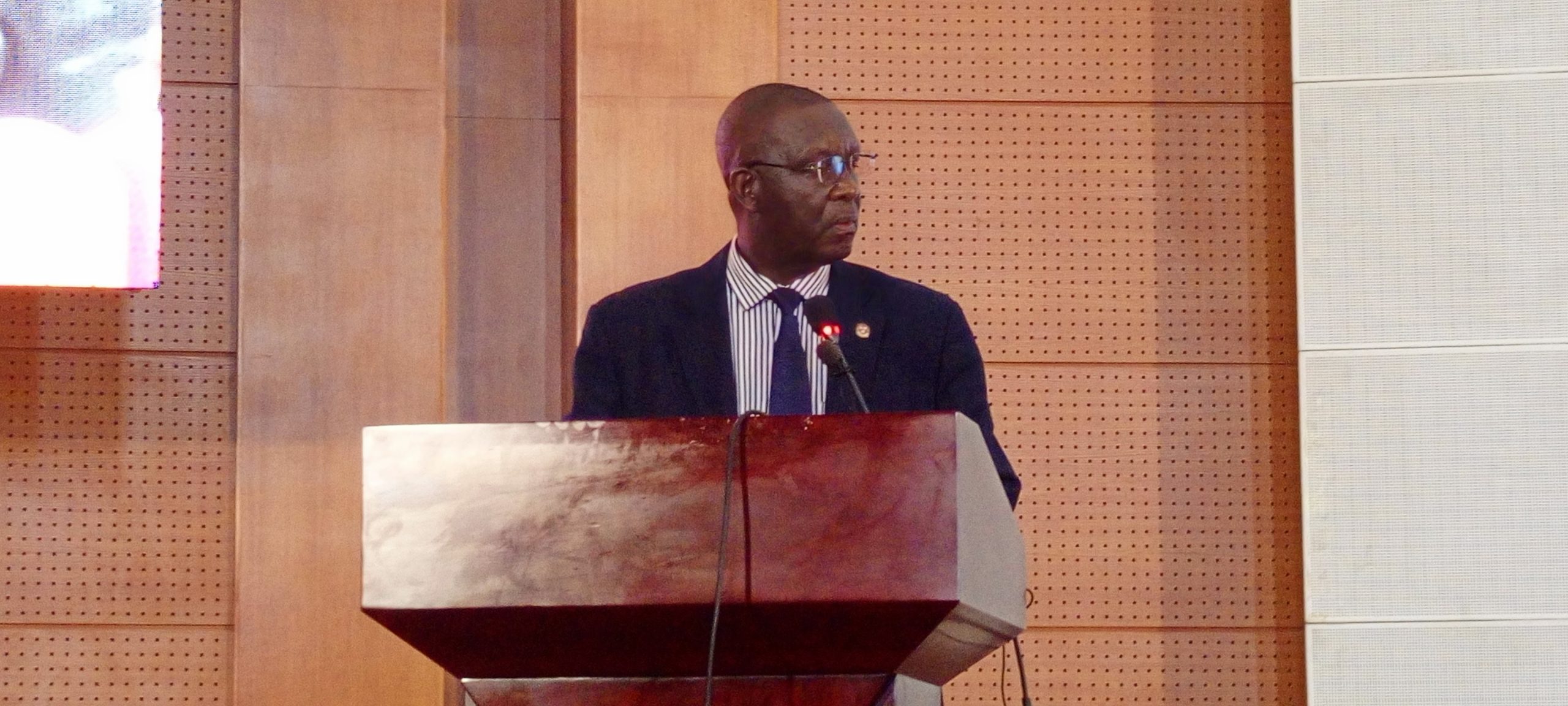News
Judiciary Highlights Progress During NRM Manifesto Week Presentation

Uganda’s justice system has made notable progress under the 2021-2024 NRM manifesto, as highlighted during the NRM Manifesto Week. The Permanent Secretary of the Judiciary, Dr. Pius Bigirimana, detailed improvements in justice delivery, the integration of technology, and initiatives to tackle corruption within the judiciary.
One of the key achievements has been the enhancement of online adjudication, a priority born out of the challenges posed by the COVID-19 pandemic. The number of courts equipped with video conferencing systems has grown from five to 17, including the Supreme Court, the Court of Appeal, and several High Court circuits. These systems have reduced the risks and costs associated with transportation for litigants and witnesses. Additionally, judicial officers have been equipped with laptops and provided access to legal reference materials and research databases like LexisNexis, enabling more informed decision-making.
Efforts to combat corruption have also gained momentum, with the introduction of the Electronic Court Case Management Information System (ECCMIS). This system automates case processes, reducing human interaction, expediting case resolution, and increasing efficiency. Since its rollout, case filing rates have surged by 20.6%, and non-tax revenue collections have risen from UGX 5 billion to UGX 9.2 billion. CCTV cameras have been installed in court premises to monitor activities, and court staff now wear uniforms to ensure transparency and easy identification. A toll-free anti-corruption hotline has been introduced to encourage public reporting of unethical practices.
Dr. Bigirimana also outlined the judiciary’s efforts to expand access to justice. The number of High Court circuits has increased from 14 to 24 since 2021, with significant investments in infrastructure. Projects completed include the Supreme Court and Court of Appeal towers, praised as the finest judicial facilities in Africa, as well as the Mukono High Court and other justice centers. Ongoing construction aims to standardize court infrastructure and reduce reliance on rented facilities.
Progress has been made in reducing case backlogs, with the average time to resolve cases dropping from seven months in 2021 to six months in 2024. This has had economic benefits, particularly in commercial disputes, where quicker resolutions unlock investments and spur economic growth.
Judicial officers have also benefited from improved welfare. Salaries and retirement benefits are now paid promptly, and transportation challenges have been addressed with the provision of vehicles for judges and motorcycles for process servers. However, challenges persist, with only 51% of approved positions in the judiciary filled. This manpower shortage has affected service delivery, especially in areas lacking administrative staff.
Dr. Bigirimana called for increased funding to address these gaps and reaffirmed the judiciary’s commitment to ensuring access to justice for all Ugandans. He emphasized that while progress has been made, the journey to achieving a fully independent and efficient judiciary continues.


